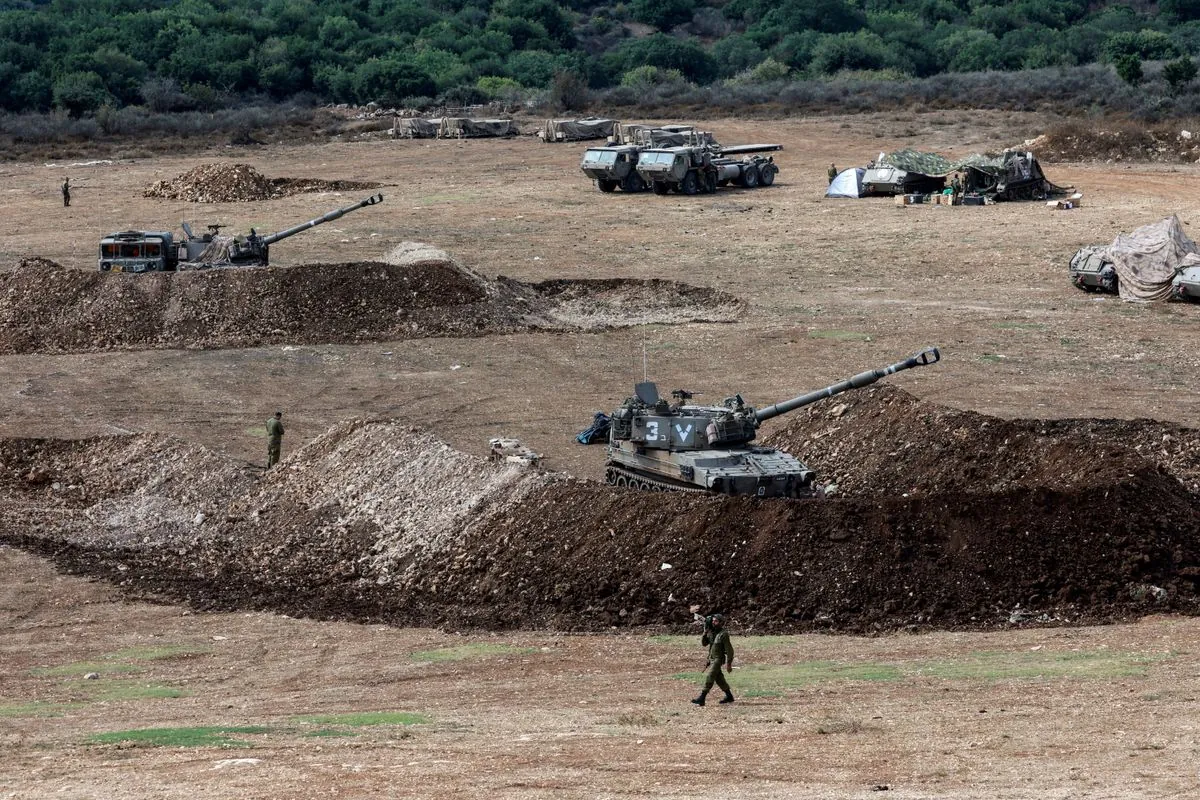On October 1, 2024, Russia issued a strong condemnation of Israel's military actions in Lebanon, urging an immediate cessation of hostilities and withdrawal of troops. This development comes amidst rising tensions in the Middle East, a region with a long history of conflict and complex geopolitical dynamics.
Israel reportedly launched a "limited" ground incursion into Lebanon, utilizing commando and paratroop units. This military action follows a series of events that have heightened regional instability, including the recent assassination of several Hezbollah leaders. The use of specialized forces suggests a targeted operation, reflecting Israel's advanced military capabilities.
In response to the incursion, Hezbollah, the Iran-backed Shia Islamist political party and militant group founded in 1985, retaliated by firing a barrage of missiles into Israel. The targets reportedly included a spy agency facility near Tel Aviv, Israel's economic and technological hub.
Russia's Foreign Ministry released a statement expressing grave concern over the situation:
"Russia strongly condemns the attack on Lebanon and calls on the Israeli authorities to immediately cease hostilities, withdraw their troops from Lebanese territory and engage in a real search for peaceful ways to resolve the Middle East conflict."
The statement further emphasized the potential consequences of Israel's actions, warning that such military interventions could lead to a significant escalation of violence in the region.
This latest flare-up occurs against the backdrop of a complex regional history. The Israel-Lebanon border, known as the Blue Line, was established by the UN in 2000, but tensions have persisted. The most recent major confrontation between the two countries was the 2006 Lebanon War, which resulted in significant casualties and destruction.
The international community, including the United Nations Interim Force in Lebanon (UNIFIL), which has been present since 1978, faces the challenge of maintaining peace in an increasingly volatile environment. The situation is further complicated by Lebanon's internal struggles, including recent economic and political crises, and the lingering effects of the 2020 Beirut port explosion.
Russia's involvement in Middle Eastern affairs has grown since its intervention in Syria in 2015, and its call for de-escalation reflects the broader international concern over regional stability. As the situation unfolds, the role of international law and UN resolutions will be crucial in addressing this conflict and preventing further escalation in a region already beset by ongoing tensions, including the Israeli-Palestinian conflict.
The international community now watches closely as these events unfold, with hopes for a diplomatic resolution to prevent a wider conflict in this historically volatile region.
